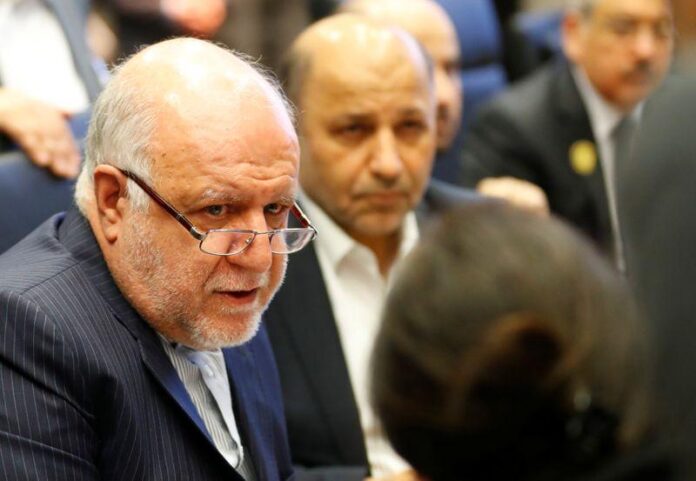Saudi Arabia, Russia, and the United States, the world’s biggest crude oil producers, remained at odds about how to boost global crude markets battered by the coronavirus crisis and a trade war.
The tensions have increased the probability that global oil nations will again fail to reach a lasting agreement to tighten the spigots as a glut in supply threatens to overpower storage facilities and tip drilling companies into bankruptcy.
Recently, Saudi Arabia and Russia have shown interest that they could agree to the oil cuts but only if the United States and others outside a group known as OPEC+ joined in. Furthermore, the US oil manufacturing companies have already reduced production, and that it has no plans to orchestrate any more cuts.
Meanwhile, the US officials have threatened Saudi Arabia with legal notice that would pull economic and military support for Saudi Arab if it does not balance oil prices.
BNP Paribas oil strategist Harry Tchilinguirian said, “Saudi Arabia and Russia want to see a broader collation of countries participating in this supply reduction, not just OPEC+, and in particular their eyes are on the U.S, At best, a successful outcome to the meetings is likely to provide a floor over the next quarter or so.”
As per the official data, West Texas Intermediate rose $1.48 to $26.57 a barrel as of 10:49 a.m. in London, and Brent added $1.33, or 4.1%, to $34.17 a barrel.
Although prices have moved marginally higher in expectation of a supply deal, this year WTI oil is still down more than 55%. That gives India a chance to increase its strategic assets, while this year South Korea said it will boost its capacity.
Marex Spectron said in a report, “OPEC and its allies, and the G-20, face a huge task in trying to drain the large oversupply. But there are signs that the market is banking on improved balances down the line. Volatility for the second half of 2020 has fallen sharply in recent days, indicating that the market has faith in OPEC+ restoring price stability.”



